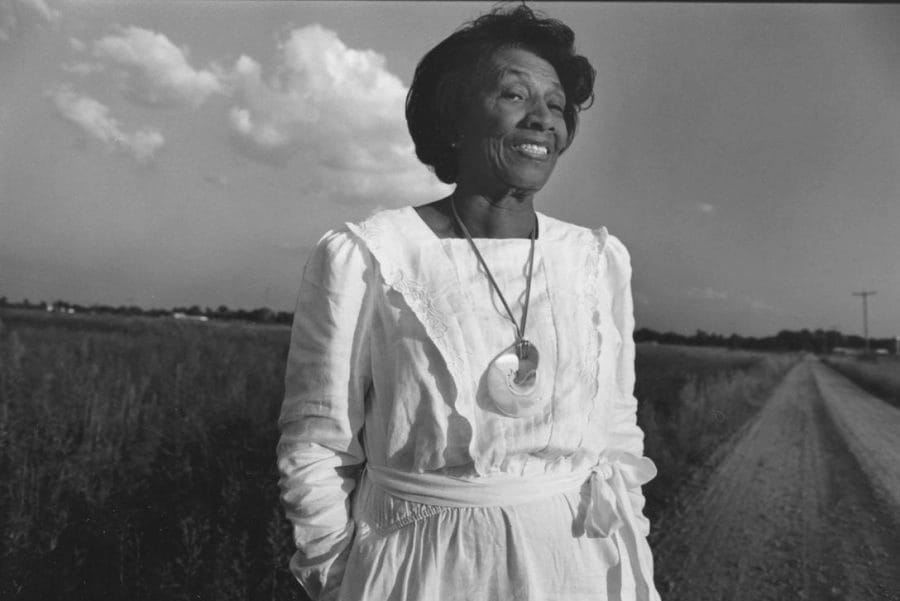
articles / Women in Classical
Open Ears: Get to Know “the Dean of Black Women Composers”.

About Open Ears: So many people who made invaluable contributions to classical music have been nearly lost to history or are underappreciated in their time. That’s why KUSC is starting Open Ears, a series of stories about composers, musicians, and conductors who deserve more recognition. You can learn more and explore other articles here.
When it came to spirituals, Undine Smith Moore was one of the finest American composers and teachers in the 20th century. The granddaughter of former slaves, Moore was born in Virginia in 1904 and by age seven was learning to play the piano. Eventually she would end up back home in Virginia as a professor at Virginia State University, but first, there were a number of stops along the way.
Fisk University in Nashville was the place for her to learn and grow as a young pianist and composer. She became the first student at Fisk to get a scholarship to attend Juilliard. Despite a somewhat specialized pursuit of spirituals and folk tunes, there was much for her to learn at New York’s Juilliard Music School. There she developed a mastery of piano, voice, and composition. Moore is credited with over 100 compositions during her career. More importantly, she became a superb teacher, mentor, and speaker who once said that she was “a teacher who composes, rather than a composer who teaches.”

Her love of teaching and working with music students ran deep as she stacked up teaching degrees from the likes of Indiana University, Columbia University, Carleton College, Virginia Union University, and Virginia State University. Along the way, she taught opera singer Camilla Williams and jazz legend, Billy Taylor. Her oratorio Scenes from the Life of a Martyr, honoring Dr. Martin Luther King Jr., premiered at Carnegie Hall and was later nominated for a Pulitzer Prize.
After an incredible career teaching generations of future musicians, it’s no wonder why Moore is often called “the Dean of Black Women Composers”.






